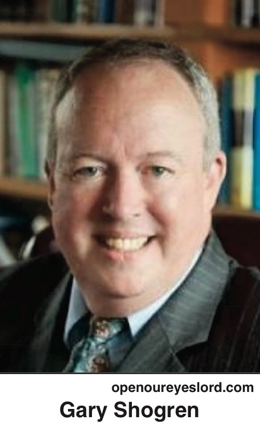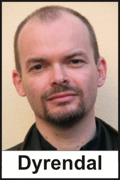Rascals case in brief
In the beginning, in 1989, more than 90 children at the Little Rascals Day Care Center in Edenton, North Carolina, accused a total of 20 adults with 429 instances of sexual abuse over a three-year period. It may have all begun with one parent’s complaint about punishment given her child.
Among the alleged perpetrators: the sheriff and mayor. But prosecutors would charge only Robin Byrum, Darlene Harris, Elizabeth “Betsy” Kelly, Robert “Bob” Kelly, Willard Scott Privott, Shelley Stone and Dawn Wilson – the Edenton 7.
Along with sodomy and beatings, allegations included a baby killed with a handgun, a child being hung upside down from a tree and being set on fire and countless other fantastic incidents involving spaceships, hot air balloons, pirate ships and trained sharks.
By the time prosecutors dropped the last charges in 1997, Little Rascals had become North Carolina’s longest and most costly criminal trial. Prosecutors kept defendants jailed in hopes at least one would turn against their supposed co-conspirators. Remarkably, none did. Another shameful record: Five defendants had to wait longer to face their accusers in court than anyone else in North Carolina history.
Between 1991 and 1997, Ofra Bikel produced three extraordinary episodes on the Little Rascals case for the PBS series “Frontline.” Although “Innocence Lost” did not deter prosecutors, it exposed their tactics and fostered nationwide skepticism and dismay.
With each passing year, the absurdity of the Little Rascals charges has become more obvious. But no admission of error has ever come from prosecutors, police, interviewers or parents. This site is devoted to the issues raised by this case.
On Facebook
Click for earlier Facebook posts archived on this site
Click to go to
Today’s random selection from the Little Rascals Day Care archives….
Click for earlier Facebook posts archived on this site
Click to go to
Today’s random selection from the Little Rascals Day Care archives….
Why evangelicals fall prey to ritual abuse tales
 Dec. 22, 2014
Dec. 22, 2014
““We evangelical Christians by definition live by our own narrative of creation, fall, and redemption. We believe in good and evil. That is why, as a group, we might be vulnerable to other meta-narratives – after all, if you believe in one, it’s easier to accept a second and a third.
“One example: in the 1980s and 1990s too many of us accepted the story of widespread Satanic Ritual Abuse, despite the fact that the evidence could not be found, nor could anyone name the thousands of missing children who supposedly had been sacrificed to the devil.”
– From “ ‘The Paranoid Style in American Politics’ has its 50th Anniversary” by Gary Shogren at Open Our Eyes, Lord!
Although “The Paranoid Style in American Politics” by Richard Hofstadter was first published in response to Barry Goldwater’s presidential campaign, it continues to offer insights into the attraction of a wide range of conspiracy theories.
Prosecutors Book Club, please take note
April 19, 2014
“Is it possible to so modify child forensic interviewing that the sorts of errors described by Ceci and Bruck are minimized?…
“The primary problem is that most prosecutors and most so-called mental health professionals do not stay current….
“How likely, for instance, is it that a copy of ‘Jeopardy in the Courtroom’ will be found on your favorite prosecutor’s desk?”
– From “A Review of a Review of ‘Jeopardy in the Courtroom’ by Stephen J. Ceci and Maggie Bruck” at falseallegations.com
‘Subculture’ of therapists blamed ritual abuse
 Jan. 16, 2013
Jan. 16, 2013
“Therapists diagnosing Satanic Ritual Abuse as the cause of their patients’ troubles… often belonged to a subculture within the therapeutic community, where focus on dissociation and multiple personalities were more important than among other clinicians.
“This small minority were involved in the vast majority of ritual abuse allegations with a therapy background. Nevertheless, many elements of the ideas, and some of the practices that seem to have been important in creating SRA-narratives were common among therapists of all kinds: belief in the concept of repression, a view of memory as analogous to a video-tape or computer and (confidence) that hypnosis could be an important tool in unearthing forgotten abuse. This view of memory and memory recovery has been largely dismissed among the community of cognitive psychologists.”
– From “Psychology and the Satanic Ritual Abuse Controversy. A Brief Research Review” by Asbjørn Dyrendal in Skepsis (March 2, 2007)
By time to testify, children knew their lines
Jan. 30, 2013
“They have been through more dress rehearsals than the cast of ‘Cats.’”
– Joe Cheshire, lawyer for Betsy Kelly, protesting the latitude given the prosecution in preparing Little Rascals children to testify (New York Times, Aug. 19, 1991)











0 CommentsComment on Facebook